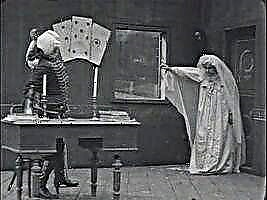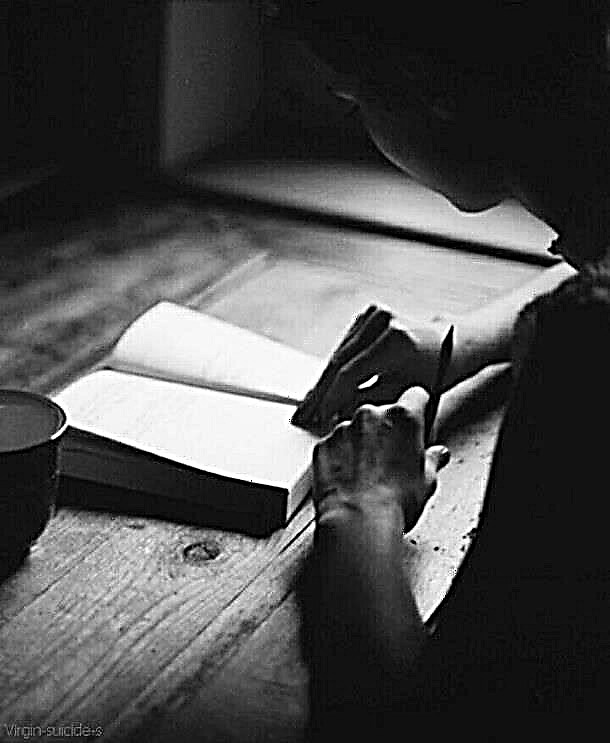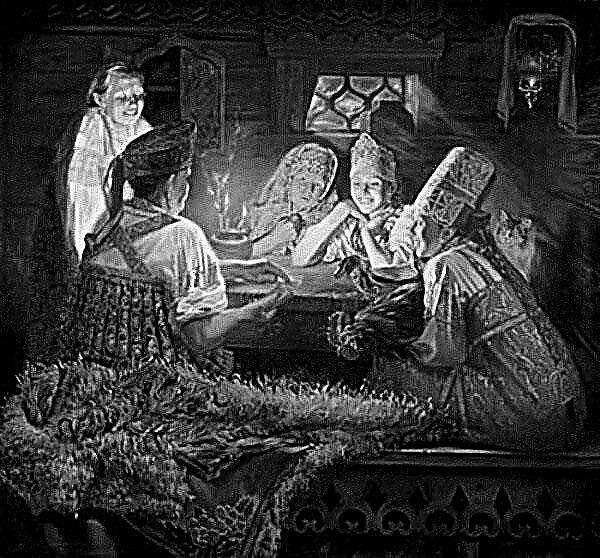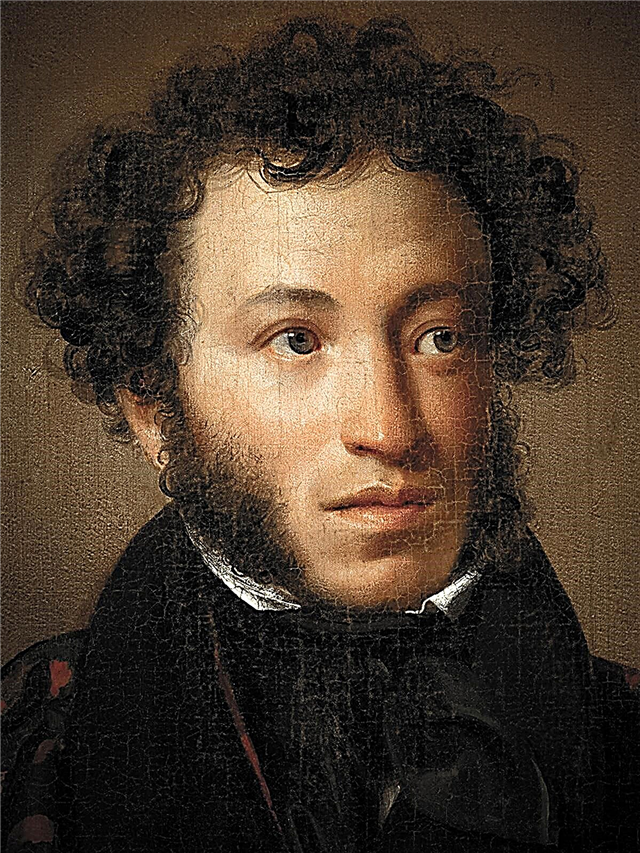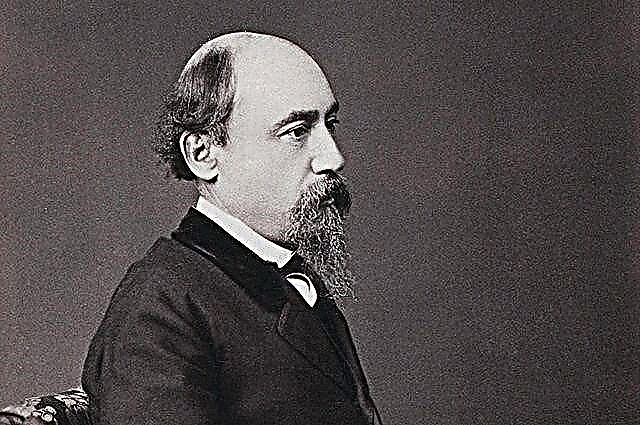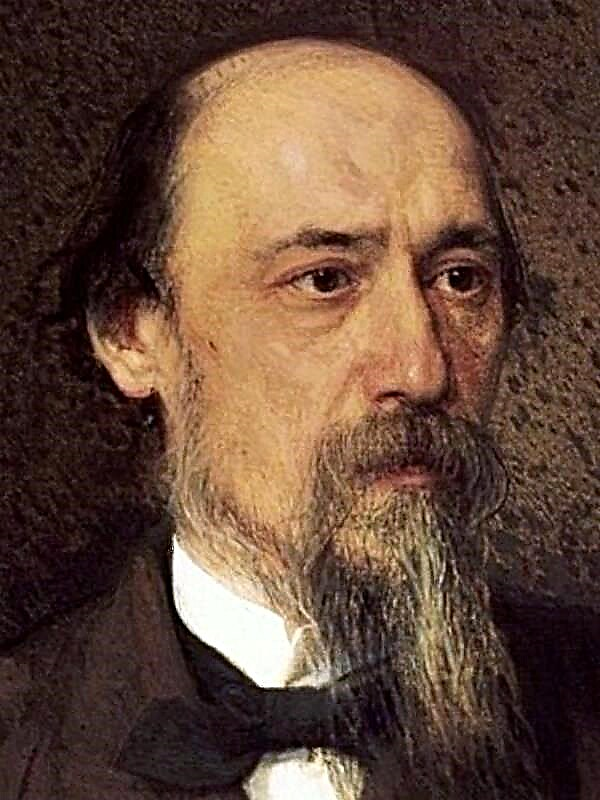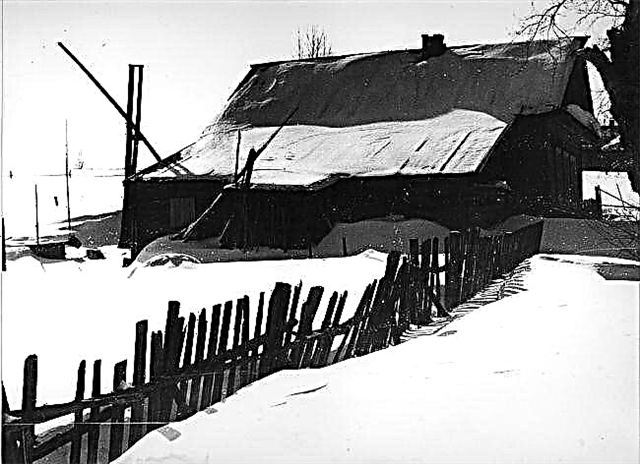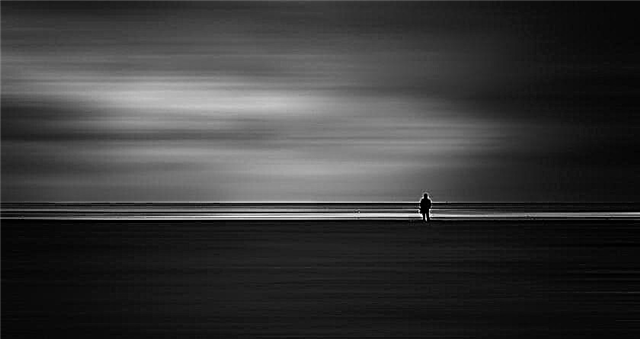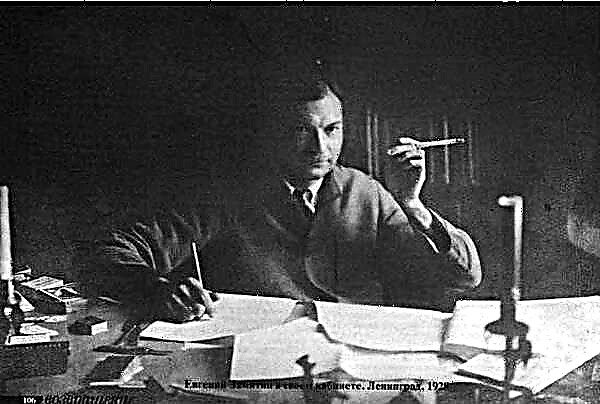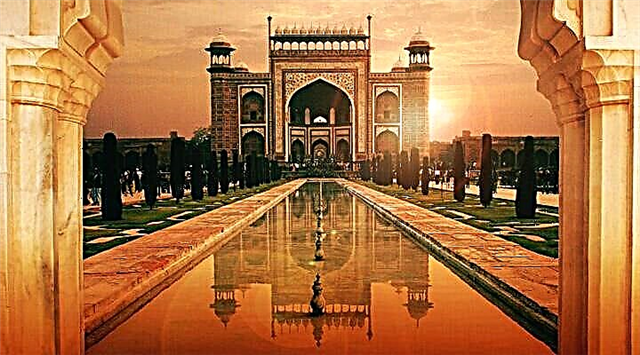The poet describes the front door of a house belonging to an influential and wealthy nobleman. "On festive days" a lot of people come to him.
Having written down your name and title,
Guests drive home
So deeply pleased with themselves
What do you think - that’s their calling!
They come to remind themselves of the powerful owner of the house.
On ordinary weekdays, life also boils at the entrance: ordinary people crowd - "projectors, seekers of places, and an old man and widow", scurrying messengers with papers. Some petitioners leave satisfied, and others with tears in their eyes.
Once the poet saw how the peasants, “village Russian people” approached the porch, and asked the doorman to let them in. Looking around the guests, the doorman found them unprepossessing.
Tanned faces and hands
The skinny girl on the shoulders
On the knapsack on the backs of bent,
Cross on the neck and blood on the legs
In homemade shod bast shoes
(To know, they wandered for a long time
From some distant provinces).
From the back of the house, the doorman was ordered to drive the peasants - the owner “does not like ragged mob”. The wanderers unleashed their wallets, but the doorman did not take a “meager contribution” and did not let him into the house. The men left, scorched by the sun, "spreading their hands hopelessly," and for a long time they walked with their heads uncovered."And the owner of luxurious chambers" at that time was sleeping sweetly.
The poet urges the nobleman to wake up, abandon the "red tape, gluttony, game" and shameless flattery, which he considers his life, and accept the poor petitioners, because only in them is his salvation. “But happy deafs to good” - the thunders of heaven are not afraid of the rich man, and earthly power is in his hands.
The rich man does not care about the common people. His life is an eternal holiday that does not allow him to wake up and see the people's poverty and grief. Yes, and this is not a nobleman. And without worries about the national welfare, he will live and die "with glory."
The poet ironically describes how the nobleman lives out his days “under the captivating sky of Sicily”, contemplating magnificent sunsets over the Mediterranean Sea, and then dies, surrounded by a family eagerly awaiting his death.
Your remains will be brought to us,
To commemorate the funeral of the Trinity
And you go down to the grave ... hero
Secretly cursed by the fatherland
Exalted by loud praise! ...
However, such a significant person should not be bothered "for small people." On the contrary, it’s better to “take out the grudge” against them - it’s both safe and fun. And the man will endure habitually, as the "providence leading us" has indicated to him. Having drunk the last penny “in a wretched tavern”, men with a groan will return home, “wrestling with the dear”.
The poet does not know such a place where the Russian peasant, “the sower and the keeper”, would not moan. His groan is heard from everywhere - from fields and roads; from prisons, jails and mines; from bovines and poor houses; from the "entrance of courts and chambers."
Go to the Volga: whose groan is heard
Over the great Russian river?
This groan is called a song
Then the barge haulers go on a towline! ...
The poet compares the people's grief, which “our land was overflowing”, with the spring flood of the mighty Volga. He asks: what does this endless groan mean? Will a people “full of strength” wake up? Or he had already done everything he could - “created a song like a groan”.

